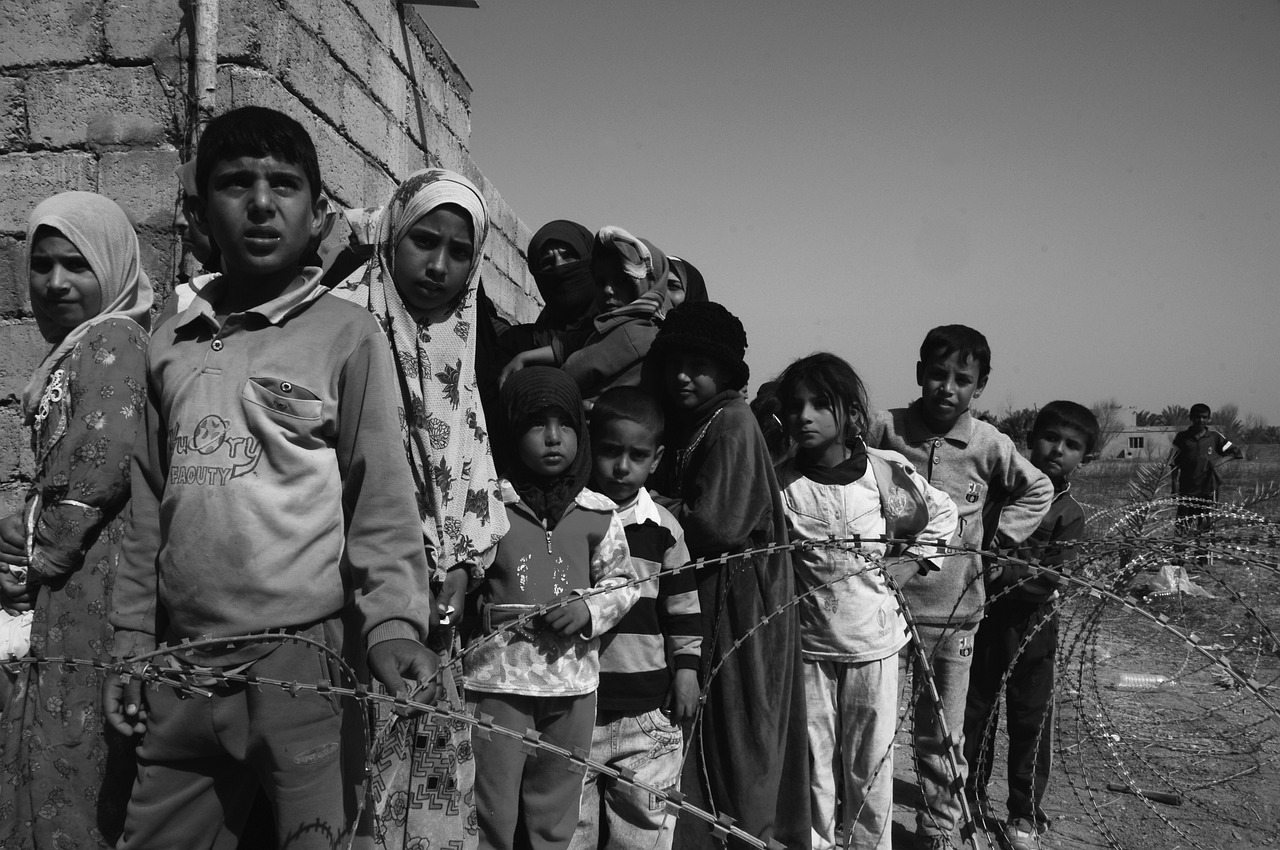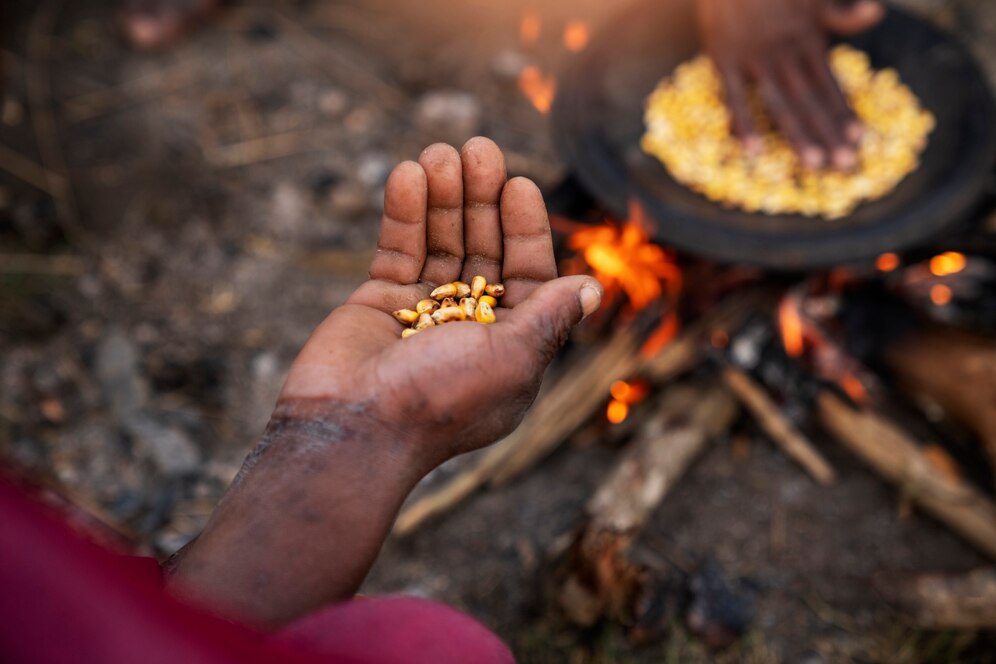The World Food Programme is the world’s largest humanitarian organization saving lives in emergencies and using food assistance to build a pathway to peace, stability, and prosperity, for people recovering from conflict, disasters, and the impact of climate change.
About Us
In a world of plenty, where enough food is produced to feed everyone on the planet, hunger should be a thing of the past. However, conflict, climate change, disasters, inequality, and – most recently – the COVID-19 pandemic mean one in ten people globally are still going to bed hungry and famine looms for millions.
Powered by the passion, dedication, and professionalism of over 23,000 staff worldwide, the World Food Programme (WFP) has a presence in over 120 countries and territories to bring life-saving food to people displaced by conflict and made destitute by disasters, and help individuals and communities find life-changing solutions to the multiple challenges they face in building better futures.
We work to enhance nutrition in women and children, support smallholder farmers in improving productivity and reducing losses, help countries and communities prepare for and cope with climate-related shocks, and boost human capital through school feeding programs.
For millions of people worldwide, WFP assistance is what makes the difference between life and death. Our timely intervention at times of heightened crisis has helped pull people back from the brink of starvation. Our work to build resilience, adapt to a changing climate, promote good nutrition, and improve food systems is helping lay the foundations for a more prosperous future for millions.

Mission
Corporate strategy
Governance and leadership
History
Feeding millions of the world’s hungriest people and helping millions more cope with the effects of conflict, climate change, and entrenched poverty requires billions of dollars every year – our funding requirement for 2023 stands at US$25.1 billion to reach 171.5 million people.
Discover how we are funded
We are working in partnership with others
Agenda 2030 clearly states that sustainable development will only be possible through effective partnerships. True to its spirit, WFP works with governments, other UN agencies, NGOs, private companies, and others to mobilize resources, find innovative solutions, and reach vulnerable communities with the assistance they need, when they need it.

Governments
Non-governmental organizations
Private sector
UN agencies and international institutions
Clusters and multistakeholder partnerships
Academia and think tanks
Goodwill ambassadors, advocates, and high-level supporters
WFP holds itself and its staff to the highest standards of integrity and behavior. We are committed to full transparency and accountability to the people we serve and to the donors who generously fund our operations.
